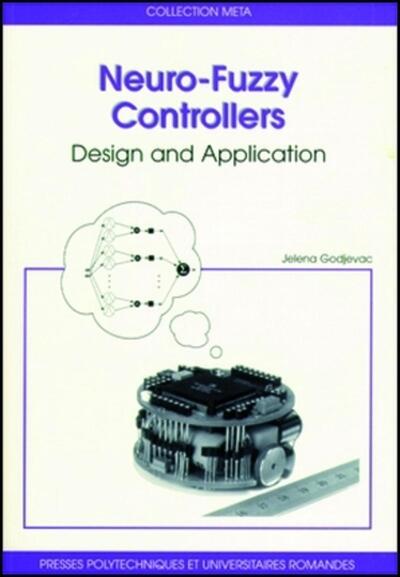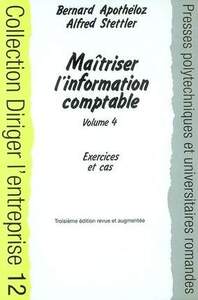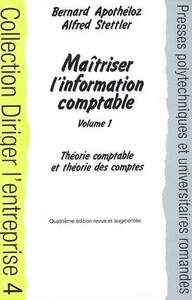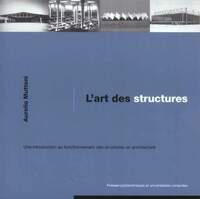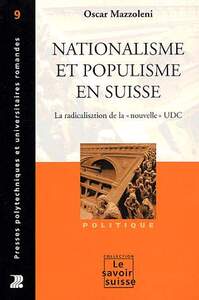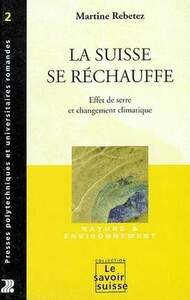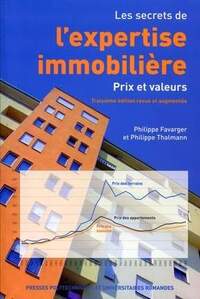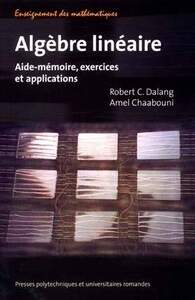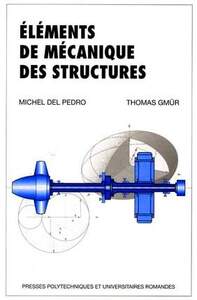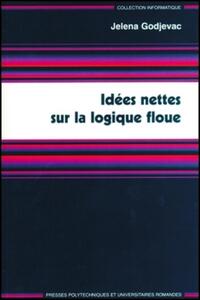Nous utilisons des cookies pour améliorer votre expérience. Pour nous conformer à la nouvelle directive sur la vie privée, nous devons demander votre consentement à l’utilisation de ces cookies. En savoir plus.
Neuro-Fuzzy Controllers
Pu Polytechnique - EAN : 9782880743550
Édition papier
EAN : 9782880743550
Paru le : 1 déc. 1997
45,00 €
42,65 €
Disponible
Pour connaître votre prix et commander, identifiez-vous
Notre engagement qualité
-
 Livraison gratuite
Livraison gratuite
en France sans minimum
de commande -
 Manquants maintenus
Manquants maintenus
en commande
automatiquement -
 Un interlocuteur
Un interlocuteur
unique pour toutes
vos commandes -
 Toutes les licences
Toutes les licences
numériques du marché
au tarif éditeur -
 Assistance téléphonique
Assistance téléphonique
personalisée sur le
numérique -
 Service client
Service client
Du Lundi au vendredi
de 9h à 18h
- EAN13 : 9782880743550
- Réf. éditeur : G16116
- Collection : P U POLYTEC ROM
- Editeur : Pu Polytechnique
- Date Parution : 1 déc. 1997
- Disponibilite : Disponible
- Barème de remise : NS
- Nombre de pages : 168
- Format : H:210 mm L:148 mm E:11 mm
- Poids : 290gr
- Interdit de retour : Retour interdit
-
Résumé :
Fuzzy controllers belong to the class of knowledge based
systems. Their main goal is to implement human know-how or
heuristic rules in the form of a computer
program. Fuzzy logic provides a mathematical formalism for this goal. An original method for the design and analysis of a fuzzy controller is proposed in this book.
The main idea is to apply an on-line adaptive algorithm to automatically adjust the parameters of the fuzzy controller, depending on its inputs and desired outputs. It is
shown that a fuzzy controller can learn to approximate non-linear functions arbitrarily well. The author also introduces a new method for the extraction of linguistic
rules from the adapted parameters. The knowledge acquired during learning can be represented in a clear and intuitive syntax. This gives the designer a
comprehensive understanding of the new rule base, i.e., the controller features. In the last part of the book, the application of fuzzy and neuro-fuzzy controllers to the
navigation of a mobile robot is investigated. Several experiments with the miniature mobile Khepera are reported. The proposed design method for fuzzy controller is
tested, showing that it provides the designer with a technique to handle complex tasks: the robot can successfully learn the desired behaviours, even with noisy
sensors and large rule bases. The extraction of rules reveals to be extremely useful for practical applications because it helps the engineer to learn more on the
complete system.

